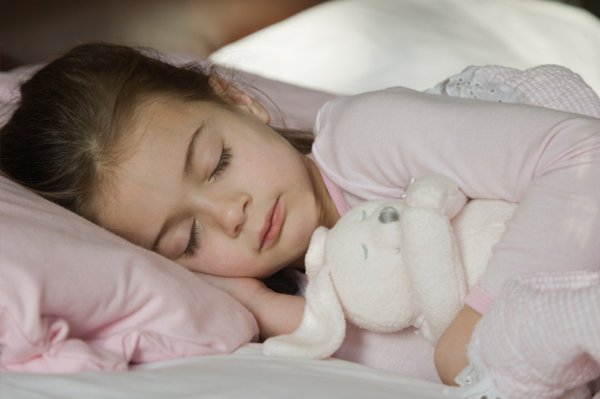
According to US researchers, children who snore, or who have other night-time breathing conditions, are at risk from behavioral problems.
Sleep apnoea and snoring made conditions such as hyperactivity more likely later on, researchers said.
The study, published in the US journal Pediatrics, looked at data on 11,000 children living in the UK.
Lead researcher Dr. Karen Bonuck, from the Albert Einstein College of Medicine at Yeshiva University in New York, said the sleep problems could be harming the developing brain.
One estimate suggests one in 10 children regularly snores and 2% to 4% suffer from sleep apnoea, which means the breathing is obstructed and interrupted during sleep.
Often enlarged tonsils or adenoids are to blame for the conditions.

In adults, the result can be severe day-time tiredness, and some studies have hinted that behavioral problems such as attention-deficit hyperactivity disorder might be linked to the condition in children.
The latest study is sufficiently large to offer a clearer view of this.
Parents were asked to fill in a questionnaire in which both the level of snoring and apnoea were recorded in the first six or seven years of life, and contrasted with their own assessment of the child’s behavior.
Dr. Karen Bonuck said that children with breathing issues during sleep were between 40% and 100% more likely to develop “neurobehavioral problems” by the age of seven.
She believes that the sleep breathing issues could cause behavioral problems in a number of ways – by reducing the supply of oxygen to the brain, interrupting the “restorative processes” of sleep or disrupting the balance of brain chemicals.
She said: “Until now, we really didn’t have strong evidence that sleep-disordered breathing actually preceded problematic behavior such as hyperactivity.
“But this study shows clearly that symptoms do precede behavioral problems and strongly suggests that they are causing these problems.”